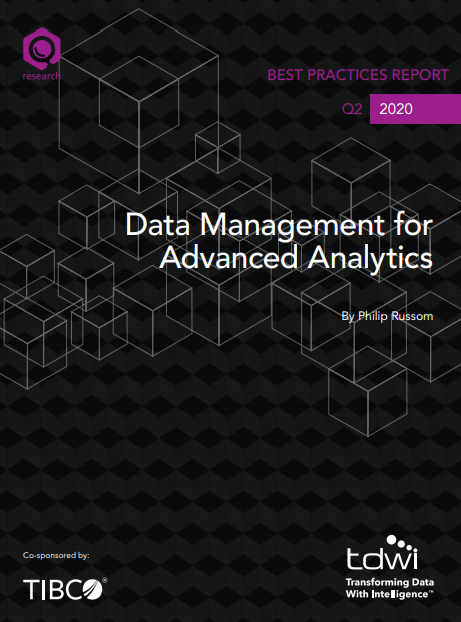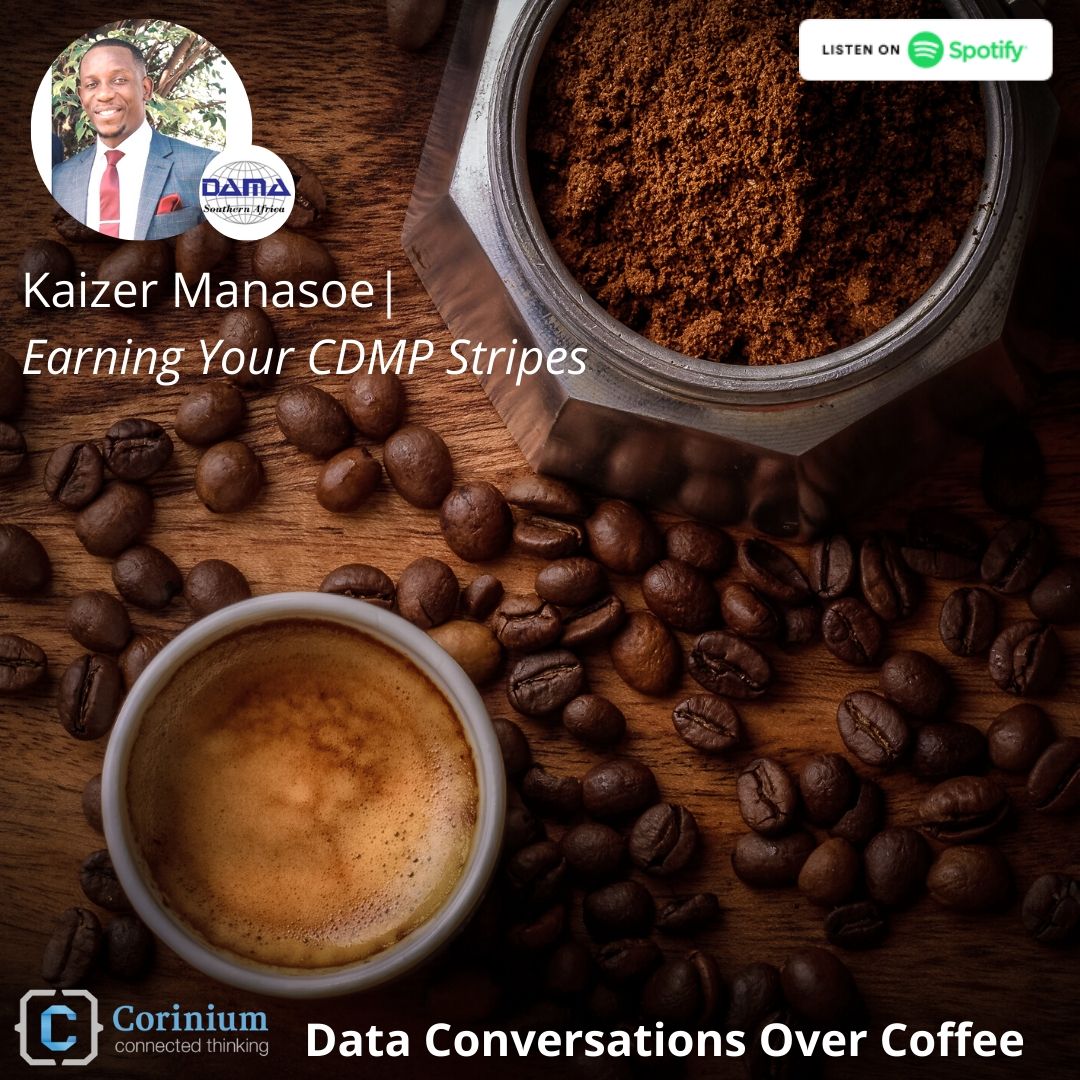We recently sat down with Pieter Vorster, Chief Data Officer at Barclays Africa Group Limited ahead of the upcoming Chief Data & Analytics Officer Africa happening on July 3-5, 2017 in Johannesburg, South Africa. In this remarkable conversation, we talked about the highs and lows of the CDO role and the all-important task of getting the management’s support behind data and analytics initiatives.
Corinium: Could you tell us about your journey in the CDO role since taking up the mantle 6 months ago, what have been some of the highs and lows?
Pieter Vorster: I’ll give you a bit of background about the role I had before this, which was a Chief Analytics Officer, where I tried to make sense of the data that was available inside and outside of the bank. Challenges always exist when the data that you receive is not well organised or of poor quality. You need to spend a lot of time getting the data to a point where we could use it meaningfully. Removing or at least reducing this problem will always be on any CAO or CDO’s radar.
The difference between the CDO and CAO is monetising the data, so the first step as CDO was to set up my data plan, a plan that helps make sense of the existing data – where it is, what is should look like, what it means and who should / could be using it and how. After that it comes down to the technology pieces that need to be put into place; this is challenging because the technology landscape has moved on quickly and there is a vast amount to choose from. Lastly you need to make sure that the company you work for is informed, so that decisions can be based on clear business insight. One of my priorities is to create and enhance awareness of the potential value of the data.
Corinium: Within that last 6 months, have there been any quick wins for you or have you purely been focused on your longer term strategy?
Pieter Vorster: There have definitely been quick wins, not necessarily where we thought we might find them.
For instance, some of the quick wins for us have actually been with regards to regulations. Over the past few years, banks have started working more closely with regulators, which have played a significant role in helping banks to understand what they need to do to translate information into the outcomes both the banks and the regulators want to see. The collaboration underpins how we can be successful in the collective financial services industry and specifically banking in South Africa.
The other quick wins we have had have been around data quality and talent. On data quality – this is always going to be a challenge with the kinds of volumes of data and turn-around times we work with in banking. So we’ve decided that it needs a multi-pronged approach – from setting up the traditional data standards and governance frameworks and executing on these, all the way to challenging our technology colleagues to come up with innovative ways of solving for these problems. We’ve had some interesting results here. Suffice it to say that open source technologies have given us a phenomenal paradigm shift with respect to what we can do with data.
On talent – this has also been a challenge over the years given the evolving nature of data work and the tooling available to us. We have introduced some highly focused programmes in the Bank to rapidly upskill staff and create a new Data Science trajectory for some of the more traditional roles in the firm. And of course we have actively engaged Industry and the Universities to create a strong pipeline of young talent for the BAGL Data Organisation. We now have a growing, world-class Data Science & Analytics competency as well as a wealth of contacts to draw on for skills.
The last key focus for us has been to make sense of our data structures across the bank. Previously, we had staff who held the technology for the data, staff who created data, staff who analysed it, staff who performed quality control and so on; and that data resided in different parts of the different business units.
We have changed structure in recognition of the fact that it is fundamentally important to have one team vision and strategy. This has not been easy as it has required fairly significant changes, such as reporting lines and areas of responsibility. Now, we have one set of priorities, which means we are better positioned to monetise data.
Corinium: What would you determine to be the critical success factors for your role of CDO now and how do you measure your success?
Pieter Vorster: The role is a bit schizophrenic in that there are two key bits that we want to see happen simultaneously and typically for anyone planning a project they’ll want to see the base foundational work happening first before you start monetising and turning the data into value.
The key areas for me are, firstly, to create formative technology competencies. This means really making sure you have skills, technologies and abilities inside of the bank to future proof the business.
The second key area is to increasingly support business strategies with information so that we have more informed strategies. This requires writing smart reporting competencies and strategies, and adding smart analytics that actually contribute to the bank’s efforts to generate revenue, save costs and deliver services to customers and clients more efficiently.
Corinium: What is your biggest challenge that you’re facing now?
Pieter Vorster: One of our biggest objectives is to obtain the right data and to then make it work for us very quickly. We are still dealing with fragmented data in some cases as a result of the silo approach we had prior to introducing a co-ordinated data strategy, but it’s exciting to see how we are able to start bringing it all together.
A significant challenge was to set out the clear data and governance plan, making the plan available to staff and implementing it in our day-to-day operations. Another challenge is to make data readily available to our business units and we’re making good progress here too.
Corinium: What kind of support do you get from the Board or other parts of the business?
Pieter Vorster: A few years ago, a large part of the work was centered on creating awareness around valuing data in addition to valuing revenue.
We now have the right level of support right through to the top leadership of the organisation. Data truly is one of the top priorities for the bank not only in the way it is valued, but also in how it is funded.
Corinium: What do you think can be done, if anything, to support this further?
Pieter Vorster: Data cannot generate value without context. Context is typically provided by business domain experts. Many of our data team members don’t necessarily have business domain expertise and the result is the some of the solution work they do is going to be based on trial and error. We can be more efficient in developing solutions if we gain a better understanding of what it is that drives particular business areas, either by learning more about that area, or by working more closely together with specialist business units. We need to spend more time educating the board and community around the type of modelling that is available to them to aid their decisions.







.jpg)

